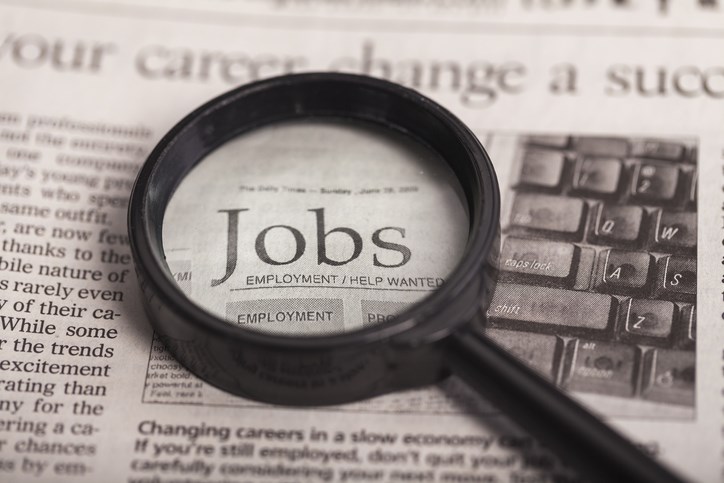Reforming the employment insurance system and ensuring workers have the necessary skills to succeed were some topics candidates discussed during the chamber of commerce’s Sept. 14 federal election forum at Grant Hall.
Employment insurance
The chamber asked candidates what measures their parties would take to reform the employment insurance (EI) system to discourage its repeated use.
Talon Regent, candidate for the New Democratic Party, rejected the question since it assumed people abuse EI. He pointed out that everyone pays into the system while working so they are covered if they lose their job. Instead, he thought people needed opportunities to succeed and find a new job so they could buy food, pay rent and purchase medications.
The NDP would prevent people from falling through the cracks by investing money wisely, he continued. As for EI, Regent noted that many people in Moose Jaw used the emergency Canada Emergency Response Benefit (CERB) during the pandemic.
“We do not want billions given to the banks; we want people looked after,” he added.
It was appropriate when the federal government stepped in with CERB when the pandemic struck and shut down the economy, said Conservative candidate Fraser Tolmie. But how the feds executed the program created “predictable problems” that affect Canada today. This included not making CERB tax-deductible.
What needs to happen is for the federal government to repair Canada’s social safety net and ensure free enterprise can flourish, he added. This includes creating jobs for the country’s future.
Borrowing money to pay the workforce to sit at home is a recipe for inflation, said Maverick Party candidate D. Craig Townsend.
EI protects workers, so the People’s Party of Canada does not plan to reform the system, said Chey Craik. CERB was created as an emergency response but has become a form of universal basic income. He agreed that Canada could not afford to pay people to sit at home, especially when local businesses are crying out for workers.
“People need to feel a sense of accomplishment for a job well done,” Craik added.
Katelyn Zimmer, with the Liberal Party of Canada, explained that she was forced onto EI at the beginning of the pandemic because of a sore throat. However, within 24 hours of applying, the Liberals had rolled her application into the CERB program.
“I think they did an extraordinary job rolling out a program as quickly as possible to protect as many people as possible … benefited people like me and others who needed it,” she said, adding the Liberals have already recovered 92 per cent of the jobs lost during the pandemic and plan to create one million more jobs.
A skilled workforce
The chamber asked candidates what plan their parties had to increase workers’ skill levels and what role businesses and governments can play in workplace training.
Businesses know what skills their staff needs, so government should consult with the private sector about this, said Tolmie. Youths should also be encouraged to enter the trades, while businesses should attract professionals from elsewhere to the Moose Jaw-Lake Centre-Lanigan region to work.
“Only the Conservatives can get us back on track,” he added.
Townsend agreed that industry is the authority about what skills it needs, while education is also a provincial responsibility. That means the federal government can assist but should not steer the conversation since it will likely hinder the process.
The PPCs would reduce the corporate income tax rate to 10 per cent from 15 per cent, allowing businesses to use those savings to offer yearly training to employees, said Craik. To be competitive, he added, businesses should invest in skilled workers and pay them accordingly.
As a veterinarian, Zimmer noted that her profession targets high school and post-secondary students early in their education. She thought the government should increase opportunities for training in universities, colleges and trade schools and expand the number of training seats.
Saskatchewan’s veterinarian community also gives students mentorships and job placements, which help them acquire experience and possibly a job after graduation, she continued. Therefore, the federal government should forgive student debt and provide low- to no-interest loans to people starting businesses.
“Education is the single best investment that government can put money toward out of any conceivable place to put funds,” said Regent. He added, however, that education at all levels is becoming unaffordable; even elementary and high school teachers are using their money to purchase supplies for their students.
Education is a provincial responsibility, but the federal government can provide money now and for the future, continued Regent. He believes investments should be made into Saskatchewan Polytechnic and the universities to ensure businesses can find skilled workers.
The federal election is Monday, Sept. 20.




